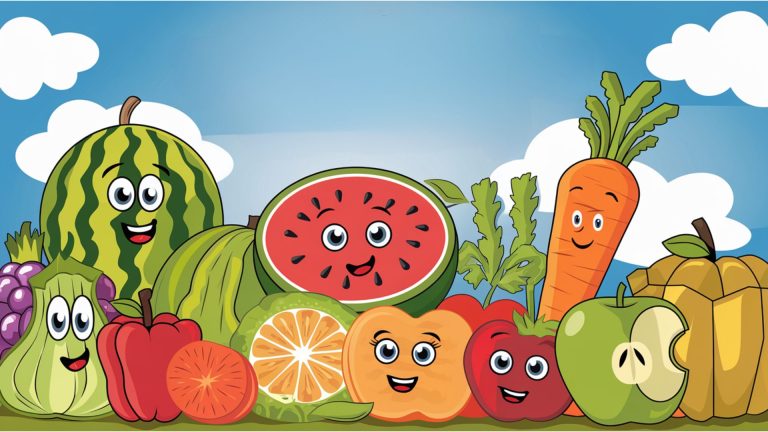When faced with a child who refuses to drink water, parents often find themselves in a perplexing situation. We all know that water is essential for life – not only for survival, but playing a critical role in numerous vital bodily functions, including hydration, digestion, and temperature regulation.
Good habits can last a lifetime and drastically improve the quality of the life lived, so it makes sense that we must encourage children to prioritize good hydration from an early age; unfortunately, it’s not always as easy as it sounds.
Understanding the reasons behind a child’s aversion to water and employing strategies to encourage hydration, therefore, is crucial.
A study conducted by the Harvard T.H. Chan School of Public Health – the first of its kind on a national level – found that more than half of all children and adolescents in the U.S. are not getting enough hydration, likely due to insufficient water consumption; a concerning situation that could have significant implications for their physical health, as well as their cognitive and emotional functioning.
This research also highlights disparities in hydration status based on race/ethnicity and gender, with Black children and boys being at a higher risk of inadequate hydration when compared to their counterparts.
Below, we explore various tactics and perspectives on how to best handle a situation in which a child won’t drink (sufficient) water.
Understanding the Reluctance
The first step in addressing this issue is understanding why the child may be reluctant to drink water; there are several reasons why a child might refuse water, including:
Taste Preferences
Some children may find the lack of flavor in water unappealing, especially if they are accustomed to sugary drinks or juices.
Habit
If a child is not used to drinking water regularly, they might not recognize the importance or develop the habit.
Sensory Issues
Children, especially those with sensory processing disorders, may be sensitive to the temperature or feel of water.
Health Issues
In rare cases, certain medical conditions can affect a child’s thirst mechanism or their ability to consume water.
Strategies for Encouragement
Once you’ve identified the possible reasons behind the aversion to water, you can begin to implement strategies to encourage better hydration habits:
Lead by Example
Children often mimic the behavior of their parents; by drinking water regularly and expressing enjoyment, parents can set a positive example.
Make Water Accessible
Keep water easily accessible for your child. Consider fun and colorful water bottles or cups that might appeal to them.
Add Flavor Naturally
To make water more appealing, infuse it with natural flavors like slices of fruits, cucumber, or herbs.
Set a Routine
Establish specific times for water breaks, such as after physical activity or during meals, to create a regular drinking habit.
Educate About Hydration
Teach your child about the importance of water in a fun and engaging way; get creative, and use stories or educational games to explain how water benefits the body.
Reward System
Implement a reward system for drinking water, like a sticker chart, to motivate your child.
Offer Variety in Temperature and Presentation
Some children might prefer cold water, while others like it room temperature; experiment with different presentations, such as ice cubes, fun straws, or water with a splash of juice, and see what piques their interest the most.
Addressing Sensory Issues
If sensory issues are at play, it’s important to be sensitive and understanding. Work with your child to find a comfortable way for them to enjoy water. This might involve experimenting with different types of cups or straws or adjusting the temperature of the water to suit their preferences.
When to Consult a Professional
If your efforts do not result in any improvement, or if you suspect that a medical issue is contributing to your child’s reluctance to drink water, it’s important to consult a pediatrician. They can rule out any underlying health issues, as well as provide additional strategies and/or referrals to specialists, if needed.
The Role of Hydration in Child Development
Proper hydration is crucial for a child’s overall health and development, as adequate water intake supports cognitive function, physical health, and emotional well-being; it stands to reason that ensuring that your child is properly hydrated is an essential aspect of parenting.
Encouraging a child to drink water can be a challenging but crucial task. Parents can successfully promote healthy hydration habits when they commit to understanding the underlying reasons for their child’s reluctance, and implement creative strategies – patiently!
Remember that every child is different, and what works for one may not work for another; patience, persistence, and a willingness to experiment with different approaches are key to helping your child develop a healthy relationship with water and hydration.









